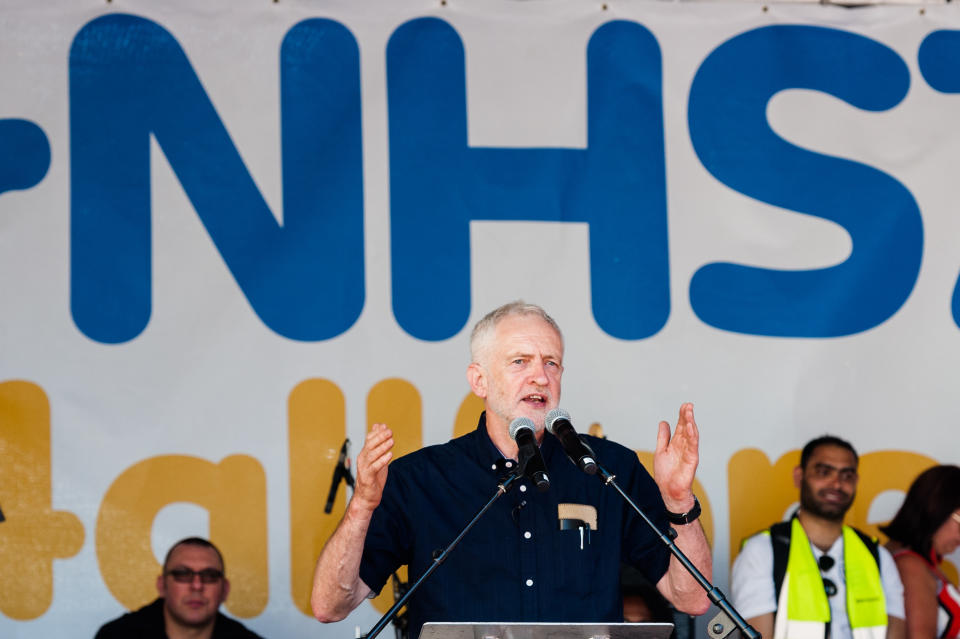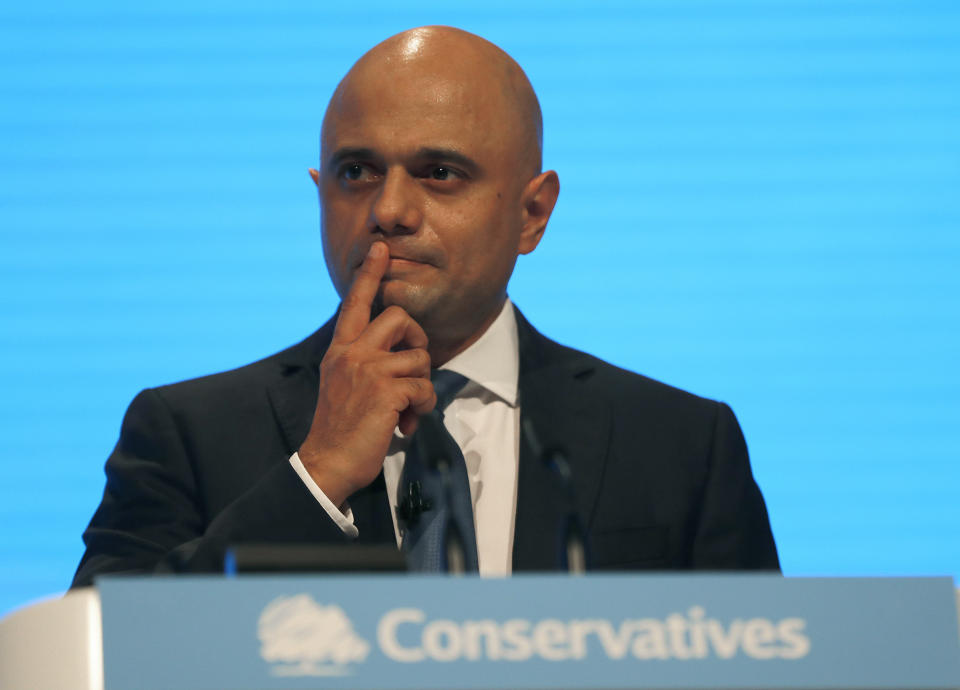UK faces tax rises 'whoever wins' as Johnson and Corbyn splash cash

Taxes are “going to have to rise” after the election as Britain’s two biggest parties promise to ramp up public spending to levels not seen since the 1970s, according to a leading think tank.
Conservative prime minister Boris Johnson and Labour leader Jeremy Corbyn are set for an “arms race” on public spending, as they try to win over UK voters after almost a decade of unprecedented cuts.
The Labour party often faces claims it wants to take Britain back to the 1970s when government spending was much higher, but a report suggests it is not alone in planning to turn on the taps.
Analysis by the Resolution Foundation suggests the Conservatives’ pledges to splurge on infrastructure and turn the page on austerity could see spending reach levels higher than in the 1970s as a share of GDP.
READ MORE: UK government defends Brexit deal after extraordinary attack by Donald Trump
Chancellor Sajid Javid’s spending round earlier this year promised the fastest increase in spending in more than a decade, and Johnson has repeatedly pledged to invest in schools, the police and the NHS.
The think tank said Javid’s proposals for a £100bn infrastructure fund targeted outside London, first aired during his own party leadership bid earlier this year, could find their way into the Conservatives’ manifesto.
The government’s current plans for long-term capital investment, funded partially through borrowing, would reach 2.6% of GDP and be “the highest level of investment since 1978-9.”
It marks a stark contrast to the record of Javid’s predecessors, who oversaw a squeeze on public spending unprecedented in the post-war era, according to the think tank.
Labour meanwhile promised £70bn in new spending pledges in the 2017 election, and more promises are likely to come in the December campaign.
READ MORE: UK government spending plans ‘in disarray’ as it risks breaching its own rules
“Alongside Brexit, we can expect the coming election campaign to be characterised by something of an arms race on spending,” said the report published on Monday.
But the foundation said UK spending has largely remained at or below the OECD average, peaking 1% above it in 2012 and now sliding 5% below the norm.
“The UK state spends more in relative terms than the US, Korea and Ireland, but significantly less than France, Finland and Sweden,” said the report.
It also highlighted how pensions and health spending as the UK population ages are increasingly dominating spending, while working-age people have seen many benefits and other services slashed.

READ MORE: Major flaw in unemployment benefit ‘forces women into sex work’
Matt Whittaker, deputy chief executive at the Resolution Foundation, said: “The shared commitments to ending austerity, reversing elements of it, and big infrastructure plans mean that Britain could be heading back to a 1970s-sized state, whoever wins the next election.
“It’s important that the parties set out a detailed economic strategy in their manifestos that reflects the changing size and shape of the state, and the big demographic pressures to come.
“Whichever party wins are going to face huge questions about how they are going to pay for Britain’s growing state. The fact is that whatever promises are made over the course of this election campaign, taxes are going to have to rise over the coming decade.”

 Yahoo Finance
Yahoo Finance 